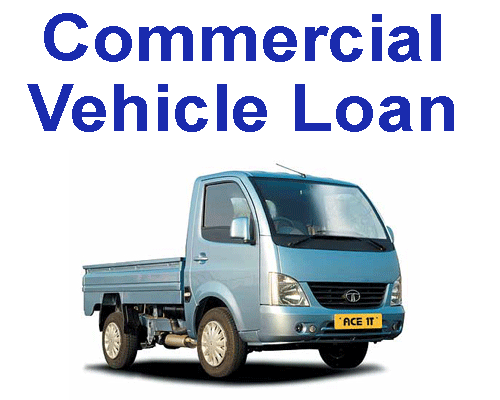When it comes to commercial vehicle finance, a commercial vehicle loan could be the ideal solution for you. Compared to a consumer auto loan, business auto financing can provide several benefits, such as reducing liability and increasing tax benefits. Additionally, because auto loans require using your vehicle as collateral, they tend to be more cost-effective than unsecured small business loans.
What is a Commercial Vehicle Loan?
Commercial vehicle finance, also called commercial auto loan, is a financing option that allows you to buy a car or truck for your business while using the vehicle itself as collateral for the loan. This type of equipment financing is a cost-effective way to acquire the vehicle you need without requiring a personal guarantee.
Business auto loans are similar in terms of interest rates and repayment terms compared to consumer auto loans. Still, they are more accessible to businesses of all sizes, especially beneficial for companies that rely on a fleet of vehicles to provide services.
Types of Commercial Vehicle Loans
Several funding options are available besides business auto loans when financing commercial vehicles for your business. You can consider term loans, SBA 7(a) loans, and business lines of credit.
You can obtain these loans from traditional or online lenders, with commercial vehicle loans designed explicitly to finance commercial vehicles. The vehicle financed serves as collateral for the loan, meaning these loans have less stringent approval criteria and are more affordable.
You may not need to sign a personal loan guarantee, eliminating personal liability. These factors make commercial vehicle loans ideal for businesses looking to finance their vehicles.
Choosing a Lender for a Commercial Vehicle Loan
When choosing between traditional and alternative lenders for commercial vehicle loans, weighing each option’s pros and cons is essential. Traditional lenders like banks and credit unions typically offer lower interest rates and fees than alternative lenders.
They may have more stringent approval criteria and a longer application process. Traditional lenders may be the better choice if you have a strong credit history and an established business.
On the other hand, alternative lenders can offer faster approval and funding times, often with less documentation required. They may also be more flexible regarding credit score requirements and loan terms. Their interest rates and fees can be higher than traditional lenders. Check your monthly EMI with a commercial vehicle EMI calculator for the budget.
A Step-by-Step Process to Get a Commercial Vehicle Loan
If you’re considering a business auto loan, you may wonder how to secure one. Here’s a step-by-step breakdown:
● Select the vehicle
The first step is to find the vehicle you want to purchase. Consider factors like whether you need a new or used vehicle, the condition of the car, and its maintenance costs.
● Consider your qualifications
Next, determine which business auto loan you qualify for. These loans are easier to secure than other types, with credit scores of 750+ and a year of business experience being sufficient qualifications.
● Choose a lender and submit your application
Once you have a vehicle quote and have explored potential business auto loan providers, select a lender. You can choose a new provider or stick with a lender with which you have a pre-existing relationship. Remember that the application process will vary by lender, but banks usually have slower processing times than online lenders.
● Review the offer
The last step in securing a business auto loan is to review the offer provided by the lender. It is important to carefully analyse the terms and conditions before accepting the loan agreement. Once satisfied with the request, you can sign the contract and receive the funding.
To apply for a commercial vehicle loan, you must provide various financial documents, such as bank statements, credit reports, tax returns, income statements, balance sheets, budget, and cash flow projections.
Additionally, you will need to show identification, business licenses, and proof of business ownership. Remember that documentation requirements can vary based on the lender you choose. Some lenders may require you to sign a personal guarantee, while others may not. Alternative lenders generally have less strict requirements than traditional lenders. You can check and compare different interest rates with a commercial vehicle emi calculator if you doubt.
In Conclusion
Commercial vehicles are assets that require sizable initial investments and ongoing costs. If you purchase vehicles, those assets must help you generate profits.
If you need to grow more to utilize new assets, wait on commercial vehicle financing. If you are growing, remember the power of using funding for your next commercial vehicle. This type of business loan is far more affordable and more accessible to qualify for than traditional loans. They help mitigate the cash flow impacts of purchasing vehicles for your business.












